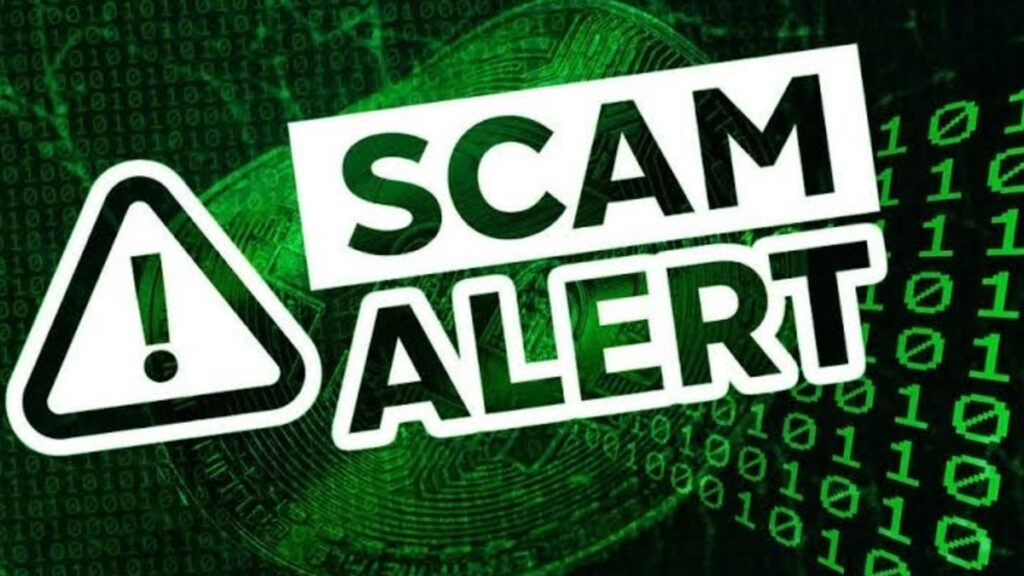The Wisconsin Department of Financial Institutions has introduced a scam tracker to shield investors from investing and cryptocurrency fraud.

This tracker thoroughly describes dishonest practices based on consumer complaints to assist Wisconsinites in recognizing and avoiding fraudulent schemes, including cryptocurrency scams.
More than $3.5 million in damages via financial grooming and cryptocurrency fraud—often referred to as “pig-butchering”—were reported between January 2022 and June 2024. DFI Secretary Cheryll Olson-Collins said, “Scammers are operating in the shadows, taking advantage of the public’s interest in crypto assets to exploit the most vulnerable Wisconsinites.”
Scammers who engage in romance or pig-butchering schemes establish a rapport with their targets before tricking them into parting with large sums of money.
Using a false sense of interest, con artists gradually win over their victims and persuade them to participate in dubious enterprises, frequently involving cryptocurrency.
Following the victim’s investment, the con artists steal the money and frequently demand that the victim make additional investments before they vanish.
The tracker will be updated regularly and it lets users search for corporate names, scam categories, or even specific keywords.
It has a dictionary of topics related to investment scams, a section with frequently asked questions, and links to other useful sites.
Even while the DFI does not confirm the accuracy of the complaints, the information is made public, which makes it harder for con artists to mislead investors.
Olson-Collins advised locals to be extremely cautious when responding to investment offers, particularly those involving cryptocurrency, as these deals may be irrevocable and untraceable.
She stressed the importance of exercising caution and due diligence to prevent fraud and cautioned against parting with money or access to financial accounts to anyone you meet online. Olson-Collins said:
“To be safe, do not give money to anyone you meet online, or allow them access to your bank account or digital wallet. Do not transfer money on their behalf, do not invest your own money on their advice, and do not take out a loan for them. If you follow these rules, you are less likely to be a victim of a cryptocurrency investment scam”
With the rise of imposter scams, where fictitious companies mimic legitimate ones, the DFI urged the public to verify companies through trusted government sources before investing.
